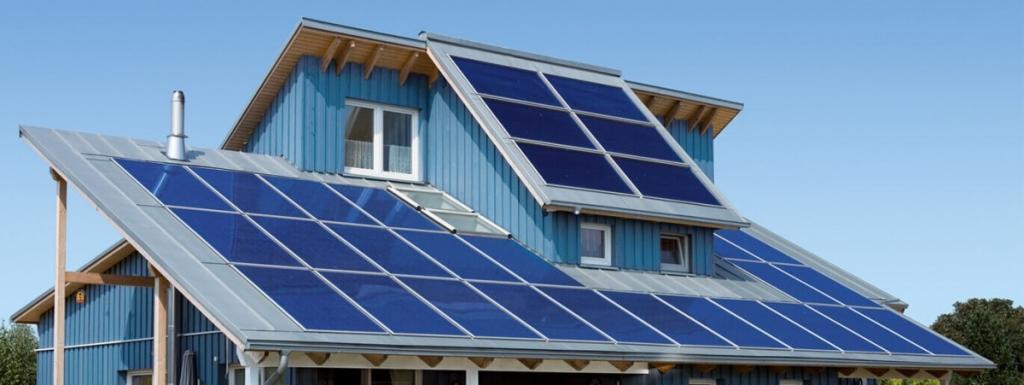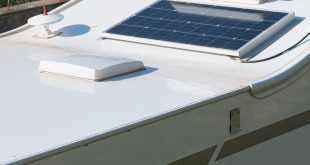Solar power is usable energy generated from the sun in the form of electric or thermal energy. It is captured in many different ways, but the most common ones are with photovoltaic solar panels that convert sun’s rays into usable energy. There is a data that the energy that sun provides to the Earth for one hour could meet the global need for energy for one year. Thanks to the installation of solar panels today people are able to collect a little fraction of this energy, but it is more than a fact that even this small amount of energy makes an enormous difference for people and the planet itself. In the beginnings solar energy was widely criticized for being expensive and inefficient, but now with the increasing technology and the availability of solar panels, solar energy has proved to be very beneficial for the environment and for the private economy. The very competitive prices on the market, has make solar energy become one of the main sources that more and more private families use nowadays. Here we present you some of the biggest pros and cons of solar energy you need to know.
Advantages of solar energy
Renewable energy source
This is probably the biggest benefit of solar energy, the fact that it is truly a renewable energy source that can be harnessed in all areas of the world absolutely every day. We are never going to run out of solar energy, which may be the case for many other energy sources.
Reduces electricity bills
Have you noticed how your electricity bills have been reduces since you have met some of your energy needs with the electricity the solar system has generated? In fact the electricity bills save will depend on the size of your solar system and your electricity or heat usage, but no matter the size of the savings you will see how your electricity bills will be smaller and smaller.
Diverse applications
Another benefit of the solar energy is that it can be used for diverse purposes. You can use solar energy to generate electricity (photovoltaics) even in areas without access to energy grid. You can also use solar energy to heat (solar thermal) water, to distill water in regions with limited clean water supplies etc.
Low maintenance costs
The fact is that solar energy systems mostly don’t require a lot of maintenance. Once you pay the price for the installation of the system, you will only need to keep it relatively clean that can be done with cleaning them a couple of times during the year which won’t cost you much money. Another benefit is that the most reliable solar panels offer 20 to 25 years warranty so you won’t need to change them, or you will have to change only the inverter that needs to be changes after 5 to 10 years of usage, as it is the part that is constantly working to convert the solar energy into electricity or heat.
Disadvantages of solar energy
Cost
As we said before, solar systems have low maintenance costs, but the initial cost of purchasing the solar system can be fairly high. You will need to pay a big price for all the parts of the system that includes solar panels, inverter, batteries, and wiring and to pay the process of installation. Thanks to the competition on the market and the rapidly increasing technology developments the costs for installing a solar system have been decreasing in the last years.
Weather dependent
One of the disadvantages of solar energy systems is that they are too weather dependent. Although solar energy is still collected even on cloudy or rainy days, it is a fact that the efficiency of the solar systems drops. In order to gather solar energy, solar panels are dependent on sunlight.
Uses a lot of spaces
In order to produce more solar energy, you may need to install more solar panels to collect as much sunlight as possible. But, solar panels require a lot of space and some house roofs are not big enough for all those solar panels you need to install. You can use an alternative way of installation the panels in your backyard, but consider that the space need to be exposure to much sunlight in order to collect the sun rays and transform them into solar energy.
 World inside pictures Collect and share the best ideas that make our life easier
World inside pictures Collect and share the best ideas that make our life easier






